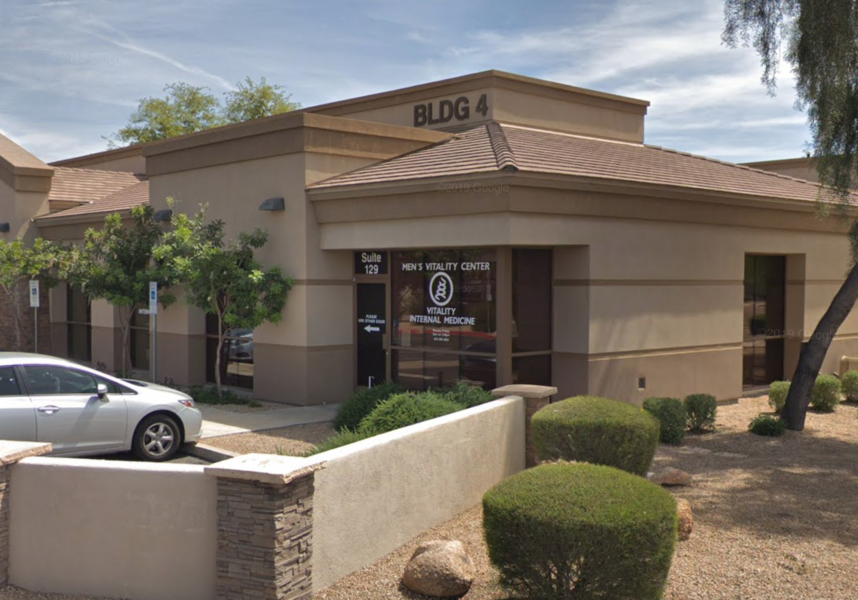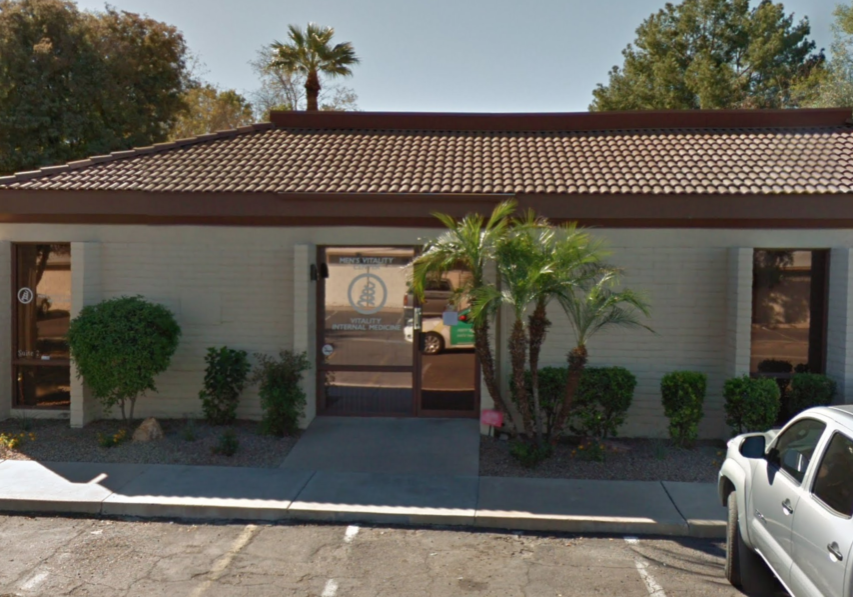Diabetes is a disease that occurs when your blood glucose, also called blood sugar, is too high. Blood glucose is your main source of energy and comes from the food you eat. Insulin, a hormone made by the pancreas, helps glucose from food get into your cells to be used for energy. Sometimes your body doesn’t make enough—or any—insulin or doesn’t use insulin well. Glucose then stays in your blood and doesn’t reach your cells.
Causes & Symptoms
Diabetic patients are represented by two major categories, Type 1, in which there is no insulin secretion, and Type 2 diabetes that, although insulin secretion still occurs, the efficiency and sensitivity at which it is absorbed is affected. One of the most common changes due to Type 2 diabetes is insulin resistance; this metabolic disorder occurs when the cells are less sensitive to insulin. Therefore less blood glucose is efficiently transferred to the tissues to be broken down for energy.
Having high blood sugar levels for a long time may lead to serious problems. Three major organs are mostly affected by diabetes, including the retina of the eye, the kidneys, and the nerves. Unchecked, it can cause irreversible damage that is preventable by proper management of diabetes. Diabetes should be managed as early as possible to avoid long-term complications.
How We Can Help
At the Men’s Vitality Center, our doctors will evaluate your diabetes symptoms and test your blood glucose levels to make an accurate diagnosis, rule out other serious conditions, and develop a personalized treatment plan for you. You can make an appointment at one of our convenient locations in Scottsdale, Phoenix,Tempe or Glendale with one of our internists. Our doctors look forward to meeting you!
Common Questions About Diabetes
Yes, your primary care physician (PCP) should be your main touchpoint for the treatment and management of your Type 1 or Type 2 diabetes. Your PCP may recommend adding an endocrinologist, a diabetes specialist, to your healthcare team, but it is your PCP that will follow and manage your symptoms and treatment strategy over time.
Symptoms of diabetes occur when your blood sugar is too high. When this happens patients often report being thirsty and hungry more often, fatigue, urinating more frequently, nausea and vomiting, shortness of breath, blurred vision, fruity breath odor and a very dry mouth.
If your doctor suspects that you have diabetes, they will order a diabetes blood test called an A1C or glycated hemoglobin test. This test measures your average blood sugar level for the past two to three months. It gives doctors a picture of how your body processes sugar over time. A1C levels above 6.5% indicates diabetes. Can a primary care doctor treat you for diabetes?
What are the symptoms of diabetes?
How is diabetes diagnosed?


